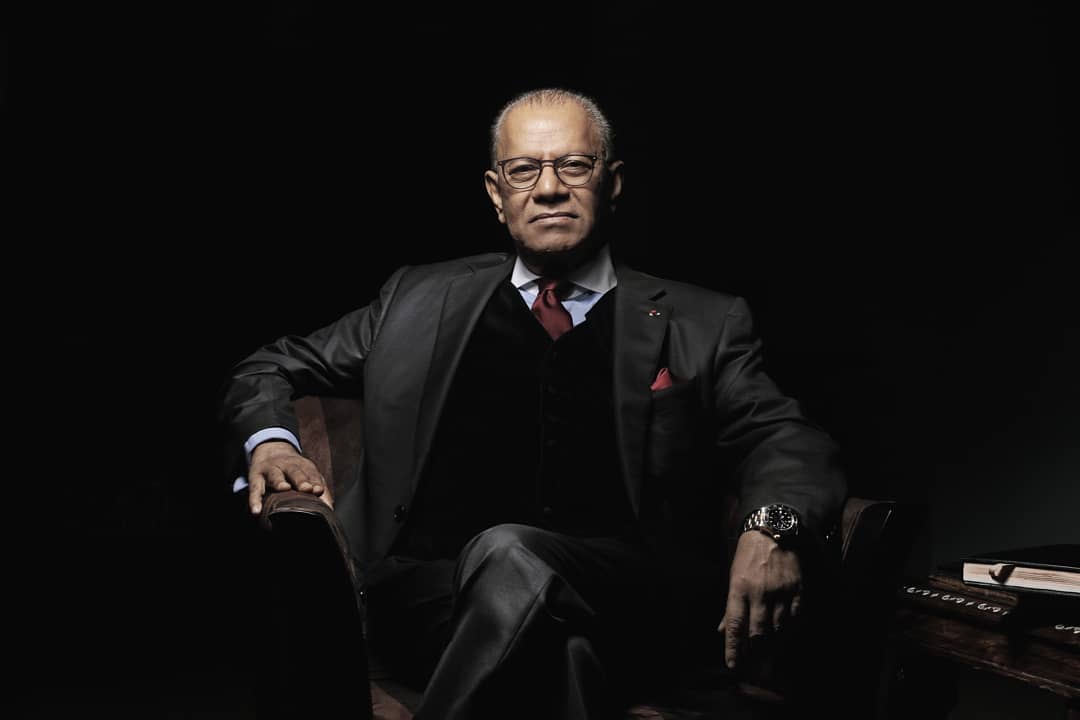Mauritius has witnessed a historic shift in political power, marking the second instance within a week of significant change in the Southern African Development Community (SADC) region following Botswana’s recent election upheaval. In an unexpected landslide victory, the opposition Alliance for Change coalition, led by Navin Ramgoolam, won all 60 seats on Mauritius’s mainland, leaving the ruling Alliance Lepep without a single seat.
The election results indicate an overwhelming desire for change among the Mauritian populace. Alliance Lepep, led by the now-outgoing Prime Minister, suffered what can only be described as a political “massacre.” This sweeping victory by the Alliance for Change underscores a powerful shift in Mauritians’ priorities and a call for new leadership to address the nation’s challenges.
As Ramgoolam’s coalition takes the reins, it is anticipated that the new government will prioritize reforms that address economic stability, environmental issues, and social justice, echoing the sentiments voiced by citizens throughout the election period.
Mauritius’s transition comes swiftly after Botswana’s recent change in government, demonstrating a growing trend among SADC nations. With Botswana leading the way, the rapid succession of power shifts across the region may reflect a broader trend of SADC citizens calling for renewed governance and accountability from their leaders. These changes serve as a reminder of the dynamic political landscape within the region, where citizens are increasingly empowered to shape their governments.
The Prime Minister Concedes; SADC Chair Silent
In a commendable act of political decorum, the outgoing Mauritian Prime Minister has graciously conceded defeat, acknowledging the choice of the people. However, SADC Chair Emmerson Mnangagwa has yet to issue an official statement or extend congratulations to the winners, a delay that has not gone unnoticed. Given the Prime Minister’s swift concession, Mnangagwa’s silence raises questions about the SADC’s role in supporting and acknowledging democratic shifts within its member states.
Mauritius’s new government, under Navin Ramgoolam’s leadership, now faces the challenge of navigating a post-election environment filled with high expectations and urgent needs. Much like Botswana’s recent change in government, Mauritius’s leadership will likely focus on establishing a foundation of trust and accountability, setting a precedent for the region.
As the SADC watches these transitions, the political climate across Southern Africa is poised for further evolution. Citizens’ voices are echoing across the region, emphasizing that democratic change is not only possible but essential for future growth and stability.










